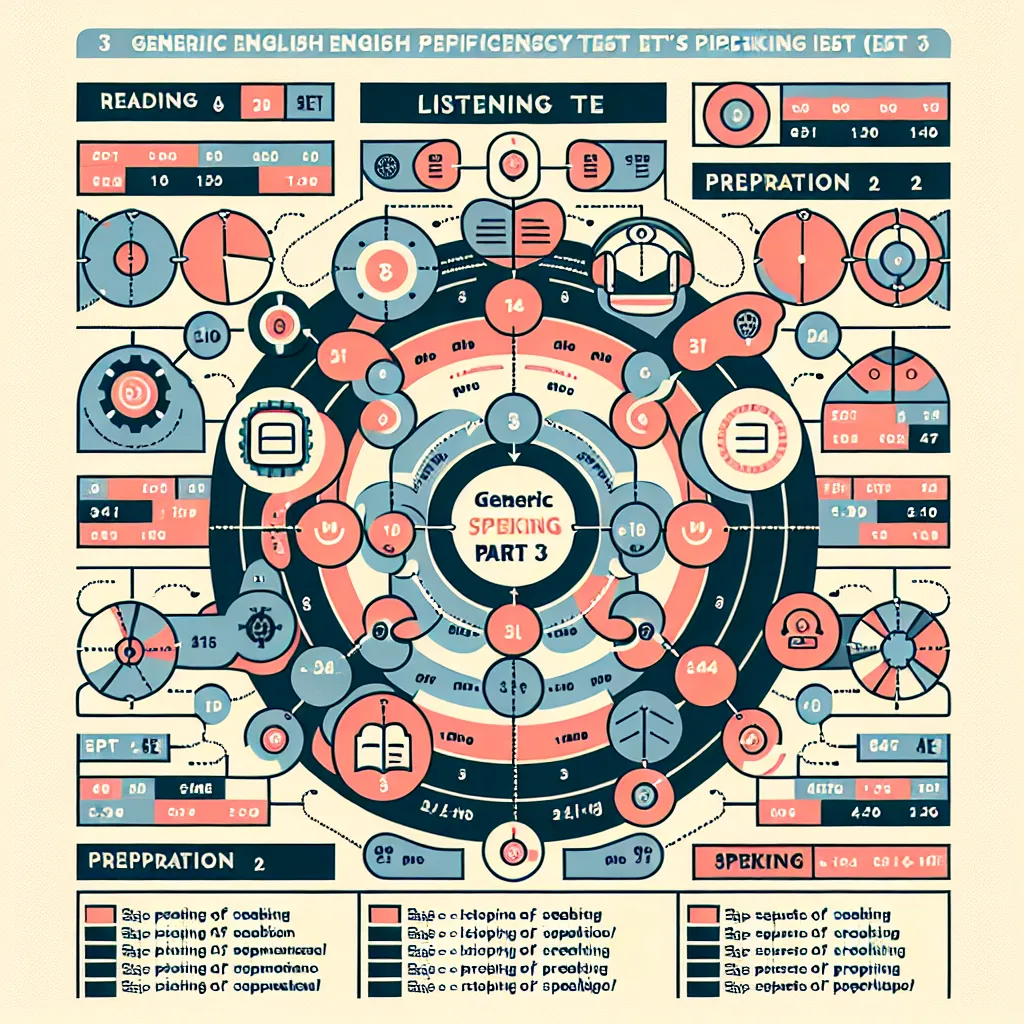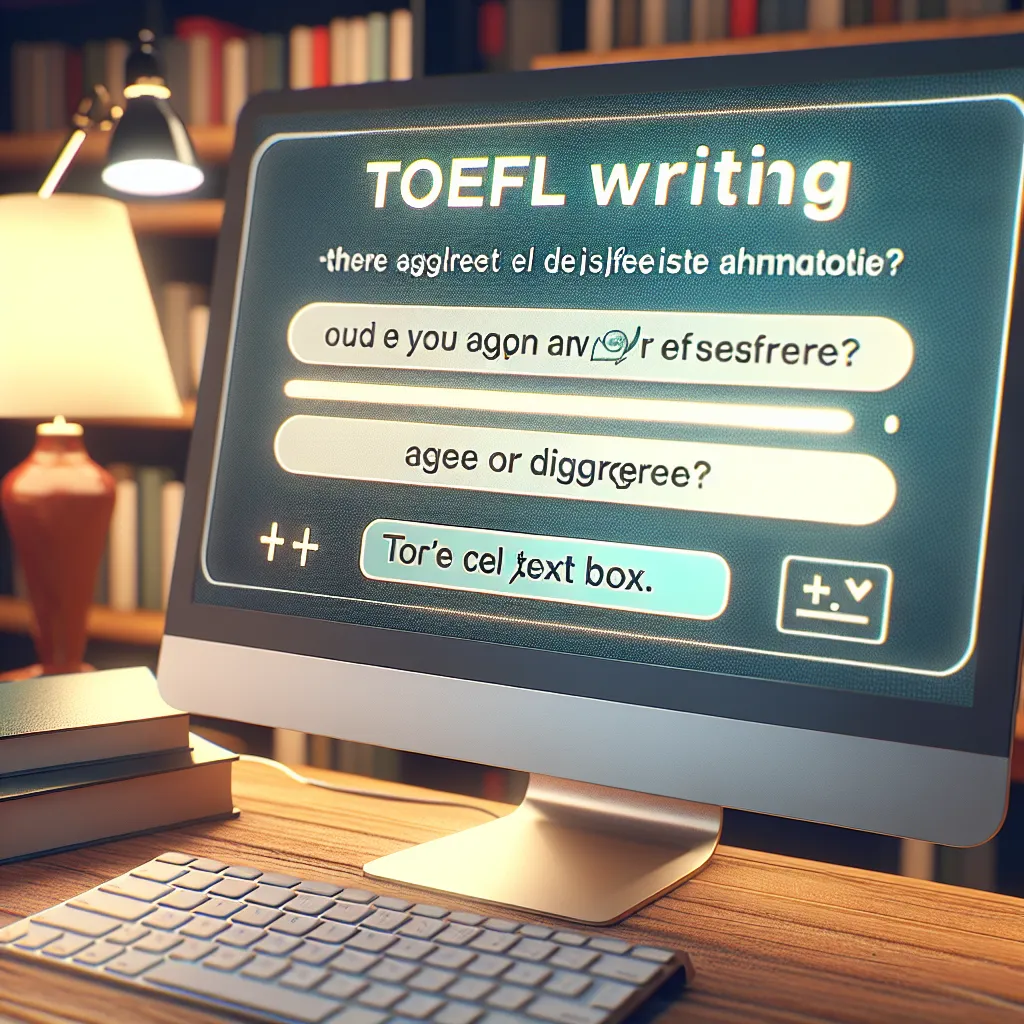Writing complex sentences is a crucial skill for success in the TOEFL Writing section. Not only does it demonstrate a higher level of English proficiency, but it also allows you to express more sophisticated ideas and arguments. In this comprehensive guide, we’ll explore various strategies and techniques to help you master the art of writing complex sentences for TOEFL Writing.
Understanding Complex Sentences
Complex sentences are essential components of academic writing. They consist of an independent clause and at least one dependent clause, allowing you to express more nuanced ideas and relationships between concepts. In the context of TOEFL Writing, mastering complex sentences can significantly improve your score by showcasing your linguistic versatility and ability to convey complex thoughts.
 Complex Sentence Structure
Complex Sentence Structure
Why Complex Sentences Matter in TOEFL Writing
- Demonstrate advanced language skills
- Allow for more sophisticated expression of ideas
- Improve coherence and flow in your writing
- Enhance your overall writing score
Strategies for Crafting Complex Sentences
1. Use Subordinating Conjunctions
Subordinating conjunctions are words that connect an independent clause to a dependent clause. Some common subordinating conjunctions include:
- Although
- Because
- While
- Since
- Unless
- If
Example:
Simple: I studied hard. I wanted to pass the TOEFL exam.
Complex: Because I wanted to pass the TOEFL exam, I studied hard.
2. Incorporate Relative Clauses
Relative clauses provide additional information about a noun in the sentence. They often begin with relative pronouns such as who, whom, whose, which, or that.
Example:
Simple: The book was helpful. I bought it last week.
Complex: The book, which I bought last week, was helpful for my TOEFL preparation.
3. Employ Participle Phrases
Participle phrases use the -ing or -ed form of a verb to modify a noun or pronoun. They can add variety to your sentence structure and make your writing more concise.
Example:
Simple: The student completed the practice test. He felt confident about the upcoming TOEFL exam.
Complex: Having completed the practice test, the student felt confident about the upcoming TOEFL exam.
4. Utilize Appositives
Appositives are nouns or noun phrases that rename or describe another noun in the sentence. They can add additional information without the need for a separate clause.
Example:
Simple: New York City is a popular destination. It is known for its diverse culture.
Complex: New York City, a popular destination known for its diverse culture, attracts millions of visitors each year.
Common Pitfalls to Avoid
While striving to write complex sentences, be cautious of these common mistakes:
- Overcomplicating sentences: Don’t try to include too many ideas in a single sentence.
- Losing clarity: Ensure that your complex sentences remain clear and easy to understand.
- Neglecting variety: Mix complex sentences with simple and compound sentences for better flow.
- Misusing punctuation: Pay attention to proper comma usage in complex sentences.
Practicing Complex Sentences for TOEFL Writing
To improve your skills in writing complex sentences for TOEFL, consider the following exercises:
- Sentence combining: Take two or three simple sentences and combine them into a complex sentence.
- Sentence expansion: Start with a simple sentence and add dependent clauses or phrases to make it complex.
- Paraphrasing practice: Rewrite complex sentences from TOEFL practice materials using different structures.
- Timed writing: Practice writing complex sentences within the time constraints of the TOEFL exam.
 TOEFL Writing Practice
TOEFL Writing Practice
Incorporating Complex Sentences in TOEFL Essays
When writing your TOEFL essays, strategically use complex sentences to:
- Introduce your main ideas in topic sentences
- Provide detailed explanations or examples
- Connect related ideas within paragraphs
- Craft a strong thesis statement
- Conclude your essay with a sophisticated final thought
Remember, the key is to use complex sentences naturally and effectively, not to force them into every part of your essay.
Conclusion
Mastering the art of writing complex sentences is a valuable skill for TOEFL Writing success. By incorporating subordinating conjunctions, relative clauses, participle phrases, and appositives, you can elevate your writing and demonstrate advanced language proficiency. Practice regularly, be mindful of common pitfalls, and use complex sentences strategically in your TOEFL essays. With dedication and consistent effort, you’ll see significant improvement in your writing skills and overall TOEFL score.
[internal_links]
To further enhance your TOEFL preparation, explore our related articles on effective TOEFL reading strategies and mastering TOEFL speaking tasks.
[/internal_links]




